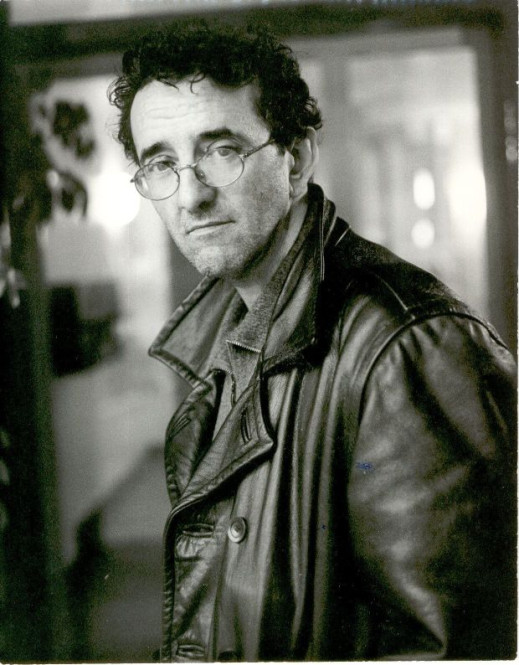Distant Star
Original title: Estrella distante
Estrella distante is a fable about an impostor. A man with many names, many masks, many lives but with no other moral than the aesthetic. In Allende's time he appears with the name of Alberto Ruiz Tagle, a poetry enthusiast frequenting literary and poetic circles of a small Chilean town. But when the President is overthrown and the military appear in all their crudeness he becomes Carlos Wieder, the bloody and cruel soldier refined enough to make an art out of crime. The narrator of the story investigates the figure of Carlos Wieder, a pilot and so-called poet who acquires a shady fame writing threatening Bible verses with the smoke of his Second World War plane on Santiago de Chile sky and who exhibits the photographs of those e tortured and executed during Pinochet's coup in a display of action-art. In the climate of dictatorship, violence and confusion among the orgies of repression, he organises the exhibition of the photographs he took of his victims during and after their assassination. The confusion between violence, death and the aesthetic will embarrass Wieder superiors. After becoming an outstanding and devilish member of the Chilean avant-garde aesthetics, the murderer poet disguises himself, disappears and deceives time, although always maintaining a constant in his personality: the fusion between creation and violence, poetry and crime, moral and cynicism.
Rights for the following countries are managed by Anagrama:
Germany, Brazil, Canada (french), France, Greece, The Netherlands, Italy, Portugal, Romania, Russia, Serbia
for other countries, please, contact Carmen Balcells Agency.
Estrella distante is a fable about an impostor. A man with many names, many masks, many lives but with no other moral than the aesthetic. In Allende's time he appears with the name of Alberto Ruiz Tagle, a poetry enthusiast frequenting literary and poetic circles of a small Chilean town. But when the President is overthrown and the military appear in all their crudeness he becomes Carlos Wieder, the bloody and cruel soldier refined enough to make an art out of crime. The narrator of the story investigates the figure of Carlos Wieder, a pilot and so-called poet who acquires a shady fame writing threatening Bible verses with the smoke of his Second World War plane on Santiago de Chile sky and who exhibits the photographs of those e tortured and executed during Pinochet's coup in a display of action-art. In the climate of dictatorship, violence and confusion among the orgies of repression, he organises the exhibition of the photographs he took of his victims during and after their assassination. The confusion between violence, death and the aesthetic will embarrass Wieder superiors. After becoming an outstanding and devilish member of the Chilean avant-garde aesthetics, the murderer poet disguises himself, disappears and deceives time, although always maintaining a constant in his personality: the fusion between creation and violence, poetry and crime, moral and cynicism.
Rights for the following countries are managed by Anagrama:
Germany, Brazil, Canada (french), France, Greece, The Netherlands, Italy, Portugal, Romania, Russia, Serbia
for other countries, please, contact Carmen Balcells Agency.
